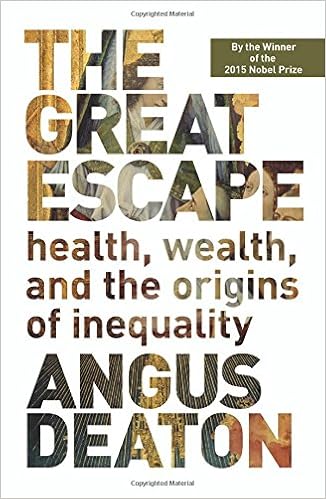The title of the book is a great summary of the book: the book is a 130-page introduction to postmodernism. The scope of the book is, despite its length, quite broad, covering social sciences, philosophy, literature, music, art etc.
Was it good?
I was left with somewhat mixed feelings after having completed the book. On the one hand, the book is quite encompassing and written in the true spirit of postmodernism; using slightly obscure terminology and with a self-reflexive style. On the other hand, however, all this makes the book - perhaps again in the true spirit of postmodernism - somewhat difficult to read, follow and digest. At least I had to concentrate really hard on many occasions to understand what Butler was saying - and on some occasions I think that I didn't quite succeed.
Thus, in a nutshell, I think that the book is quite good, but curiously enough, I can't say very exactly how.
The main take-away for me?
Quite straightforwardly, the main take-away for me was a reinforced understanding of what postmodernism stands for (even if expressing that unambiguously is quite challenging): reflexivity, denial of unified 'grand projects', underscoring of subjectivity and the socially constructed nature of reality, use of humour, irony and general playfulness in exposing 'serious received truths' etc.
Who should read the book?
If the book was more accessible (i.e. not so postmodern in its own style, I would recommend it more generally because adopting the postmodern mindset enables one to see the world in a welcomingly different light (e.g. by questioning received truths). However, the book is written in such a manner that I would recommend it mainly to such people who already know the basic terminology and underlying ways of thinking - who, then again, may not have a need for a book like this anymore.
The book on Amazon.com: Postmodernism






